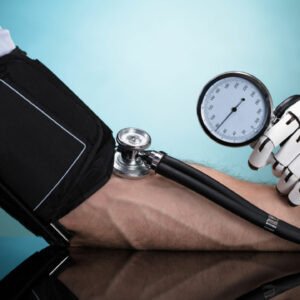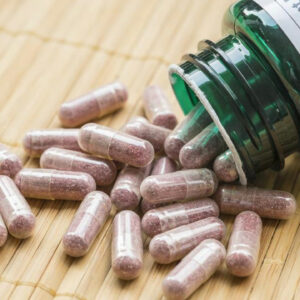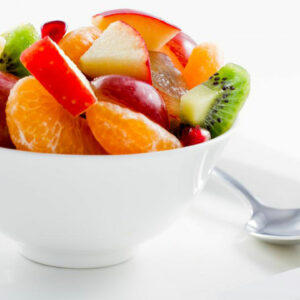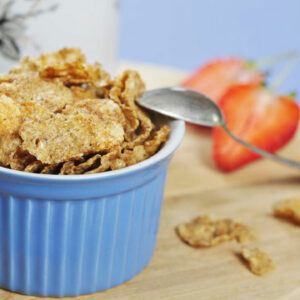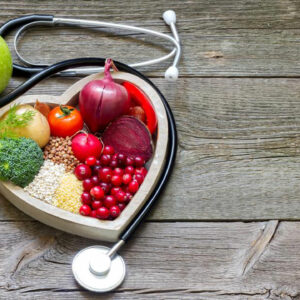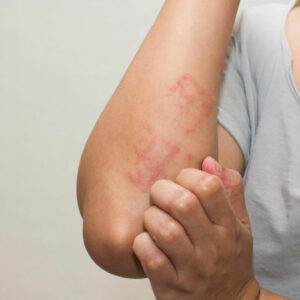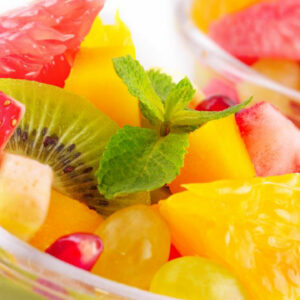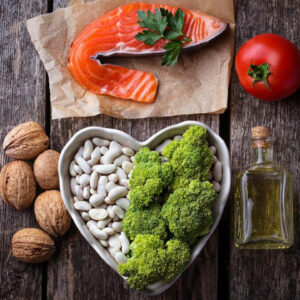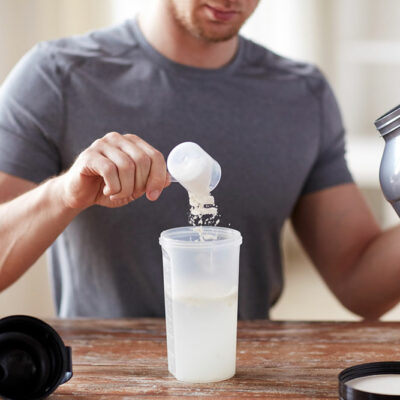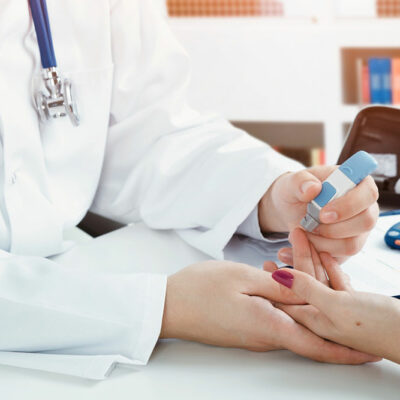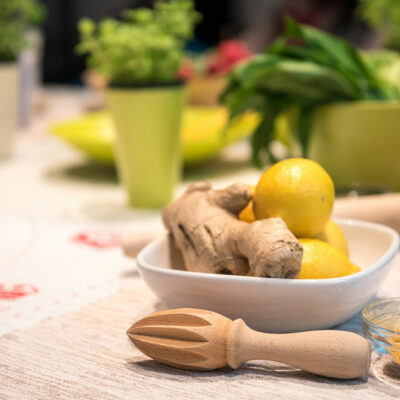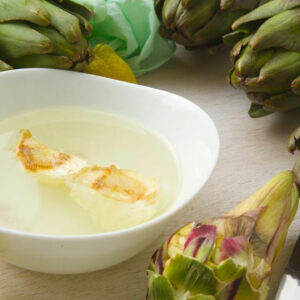
01
Different Alternatives to Reduce Your Cholesterol Level
Statins are the first type of medication prescribed to bring high LDL cholesterol within normal limits. However, they can have varied side-effects, and even be ineffective, in case your cholesterol problem stems from a genetic disorder. Read on to know about the different alternatives to statins that can help treat high cholesterol. Medication Below are a few alternatives to statins that your healthcare provider might recommend. Bile acid sequestrants Sequestrants bind themselves to bile acid in the intestines and get flushed out of the body via the stool. The liver starts absorbing more cholesterol if it senses a drop-in bile acid content. This entire cycle ends in effective reduction of LDL (bad) cholesterol. Bile-acid-binding medicines include colestipol, cholestyramine, and colesevelam. Ezetimibe The second most recommended form of treatment – ezetimibe, is an inhibitor medicine that has a two-pronged approach to lowering your cholesterol. It first blocks proteins that facilitate the absorption of cholesterol in the small intestine, decreasing the cholesterol levels reaching the bloodstream. Second, the inhibitors work to reduce the amount of cholesterol available to the liver. This forces the liver to make up for the loss, by absorbing cholesterol from the bloodstream. Together, these effects can successfully lower your cholesterol levels. Vitamin B3 (Niacin) Vitamin B3 or niacin is a promoter of good cholesterol (HDL) in the body. It also attacks adipose tissue, ridding it off high triglyceride stores. It does this by inhibiting the synthesis of triglycerides and the secretion of LDL particulates. Although niacin is not as effective as bile acid sequestrants or ezetimibe, doctors recommend Vitamin B3 to regulate blood cholesterol levels and save you from the side-effects of statins. Fibrates Very low-density lipoproteins (VLDL) are carriers of triglycerides and cholesterol. Fibrates, which are derivatives of fibric acid, drive the liver to reduce its production of VLDL.
Read More 